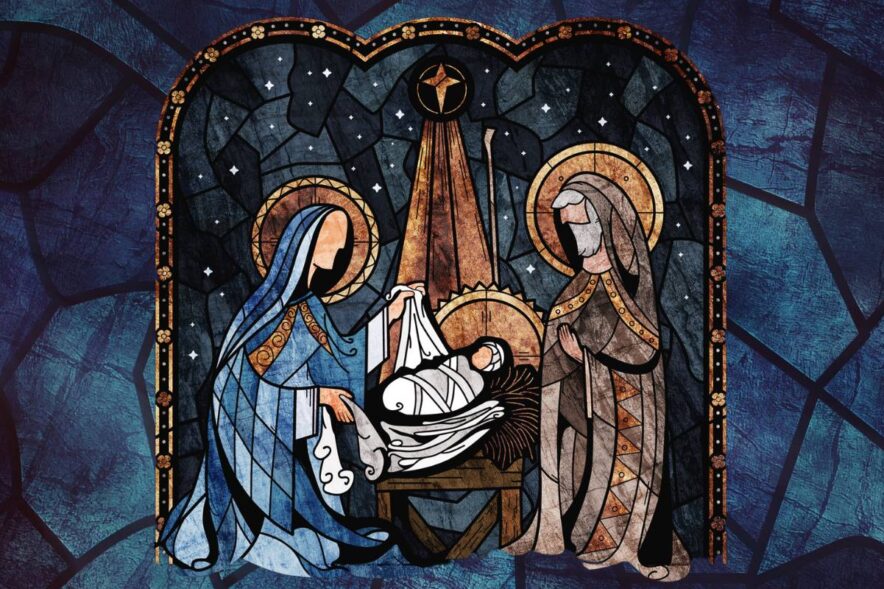Maybe you’ve been thinking you want to follow Jesus and become a Christian, but just aren’t sure how to...
Tag: forgiveness
Showed 1 to 9 posts out of 13 total under "Tag: forgiveness" category.
Christmas is a unique time of year. Traditionally, it’s seen as a season of joy, hope, celebration, and family—a...
New Testament holiness is a joyous privilege, not a heavy burden and duty.
(Not a reader? Take a listen instead ⇓) Let me tell you a tale. It starts in a garden,...
It seems to me that it has become increasingly difficult to speak into many issues or situations that the...
(Not a reader? Take a listen instead ⇓) I don’t know about you but sometimes I feel bad...
(Not a reader? Take a listen instead ⇓) “God is love. When we take up permanent residence in...
David, the shepherd boy-turned-king and famous author of the Psalms, is perhaps one of the most complex characters in...
Deciding to become a Christian has its origins in believing the things about Jesus, certainly, in an intellectual sense;...








